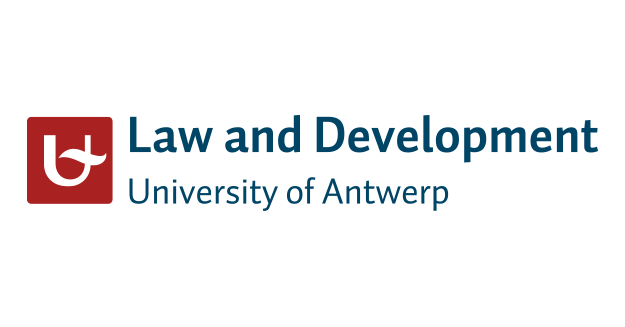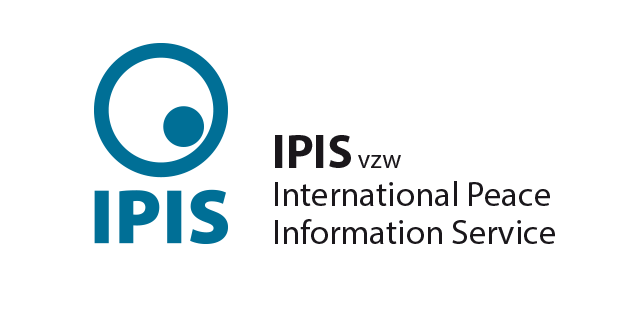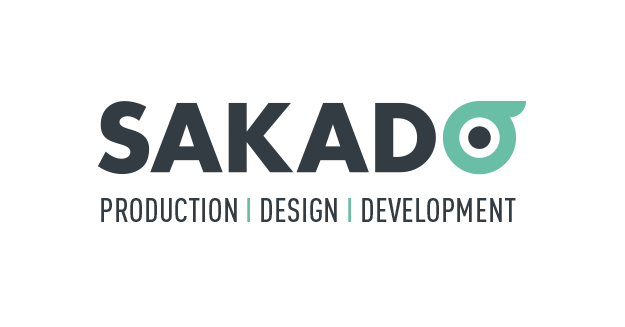7 Reporting
Où peut-on trouver ces règles et lignes directrices?

Cette page contient deux types de sources. Tout d'abord, les sources explicitement mentionnées dans les pages précédentes ("quoi ?", "pourquoi ?" et "comment ?"), avec les hyperliens correspondants pour consultation ultérieure. Elles sont organisées par l'institution qui les a publiées. Ensuite, il y a une bibliographie consultée pour rédiger l'outil, qui peut être utile pour des recherches plus approfondies sur le sujet.
- Organisation des nations unies (ONU)
-
UN Guiding Principles Reporting Framework on Business and Human Rights
- Organisation de Coopération et de Développement Économiques (OCDE)
- Union Européenne (UE)
-
- Droit contraignant
-
Directive 2007/36/EC concernant l’exercice de certains droits des actionnaires de sociétés cotées
Directive 2009/125/CE du Parlement européen et du Conseil du 21 octobre 2009 établissant un cadre pour la fixation d’exigences en matière d’écoconception applicables aux produits liés à l’énergie.
- Lignes directrices
- Belgique
- Organisation internationale de normalisation (ISO)
-
Les normes ISO recommandées par L’Autorité de protection de données.
Using and referencing ISO and IEC standards to support public policy
- Global Reporting Initiative (GRI)
-
Sustainability Reporting Guidelines & NGO Sector Supplement (2011)
- Autres initiatives en matière de reporting
-
World Business Council for Sustainable Development (WBCSD), the Climate Disclosure Standards Board (CDSB) and Ecodesk Insights from the Reporting Exchange: ESG Reporting Trends (2018)
Model guidance on reporting ESG information to investors (2015)
The IFC Performance Standards (2012)
Integrating the Sustainable Development Goals into Corporate Reporting: A Practical Guide (2018)
Partnership for Principle 10 (PP10)
The global standard for CSO accountability
These Guidance Materials to the Global Standard
The INGO Accountability Charter today Accountability now
- Organisations non gouvernementales
- Références
-
- Ahmetshina, A., Vagizova, V., & Kaspina, R. (2018). The Use of Management Accounting Information in Non-financial Reporting and Interaction with Stakeholders of Public Companies. In The Impact of Globalization on International Finance and Accounting (pp. 433-439). Springer, Cham.
- Bevan, N. (2015, April). How you could benefit from using ISO standards. In Proceedings of the 33rd annual ACM conference extended abstracts on human factors in computing systems (pp. 2503-2504). ACM.
- Bou-Karroum, L., Hakoum, M. B., Hammoud, M. Z., Khamis, A. M., Al-Gibbawi, M., Badour, S., ... & Guyatt, G. (2018). Reporting of financial and non-financial conflicts of interest in systematic reviews on health policy and systems research: a cross sectional survey. International Journal of Health Policy and Management.
- Camilleri, M. A. (2018). Theoretical insights on integrated reporting: The inclusion of non-financial capitals in corporate disclosures. Corporate Communications: An International Journal.
- Ceulemans, K., Molderez, I., & Van Liedekerke, L. (2015). Sustainability reporting in higher education: a comprehensive review of the recent literature and paths for further research. Journal of Cleaner Production, 106, 127-143.
- English, D. M., & Schooley, D. K. (2014). The evolution of sustainability reporting. The CPA Journal, 84(3), 26.
- Ioannou, I., & Serafeim, G. (2017). The consequences of mandatory corporate sustainability reporting. Harvard Business School Research Working Paper 11-100. SSRN: https://ssrn.com/abstract=1799589 or http://dx.doi.org/10.2139/ssrn.1799589
- La Torre, M., Sabelfeld, S., Blomkvist, M., Tarquinio, L., & Dumay, J. (2018). Harmonising non-financial reporting regulation in Europe: Practical forces and projections for future research. Meditari Accountancy Research.
- Lozano, R. (2018). Sustainable business models: Providing a more holistic perspective. Business Strategy and the Environment.
- Wagner, C. Z. (2017). Evolving Norms of Corporate Social Responsibility: Lessons Learned from the European Union Directive on Non-Financial Reporting. Transactions: Tenn. J. Bus. L., 19, 619.




